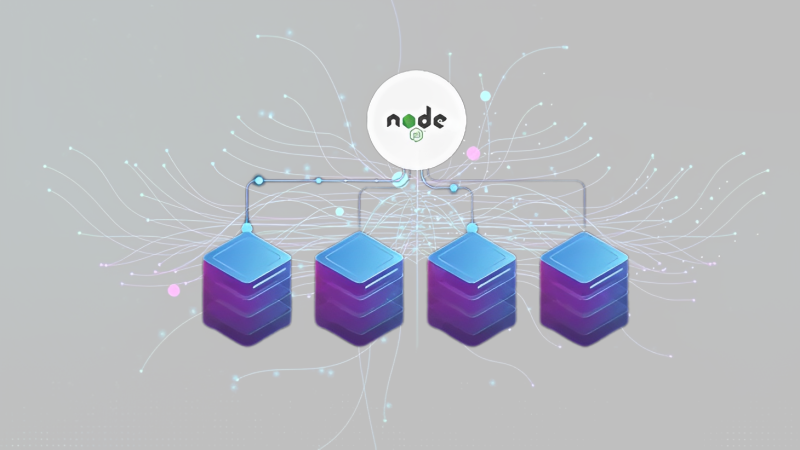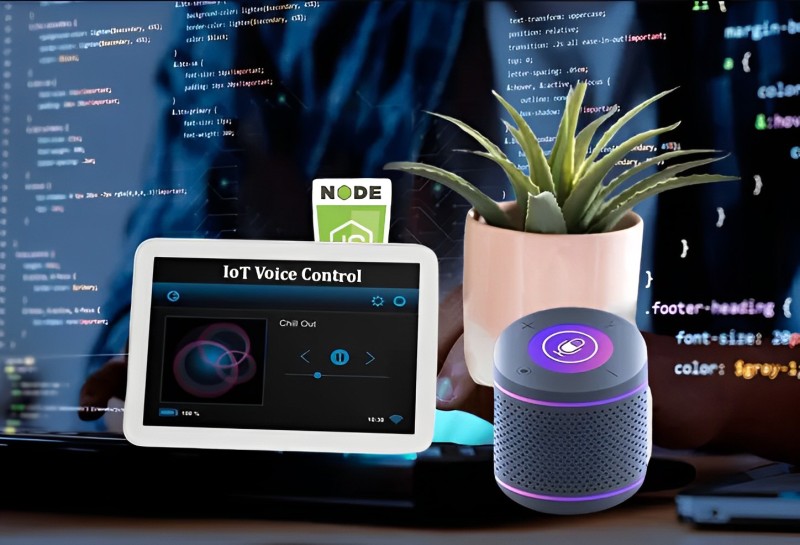Native add-ons in Node.js allow developers to integrate C/C++ code with JavaScript, enhancing performance and enabling tasks like complex computations or hardware interactions. To make this process smoother and ensure compatibility across Node.js versions, N-API was introduced. It provides a stable interface for building native modules, abstracting away the complexities of working directly with Node.js’ underlying V8 engine.
Why Use Native Addons?
Native Addons are particularly useful in several scenarios:
- Performance Optimization – Native Addons can offer significant speed improvements by leveraging the efficiency of compiled languages like C or C++ for CPU-bound tasks where javascript’s performance might not be sufficient.
- System Level-APis Access – As we all know Javascript is a high-level language, and certain low-level system calls or hardware interactions might not be feasible or efficient to implement directly in it.
- Reusing existing libraries – Many robust, well-tested libraries exist in C++. Rather than rewriting them in javascript developers can wrap these libraries in Native Addons and use them directly in Node.js development services
2. Understanding N-API
N-API is a toolkit that was introduced in Node 8.0.0 that acts as an intermediate between C/C++ code and the node javascript engine. It is built into Node.js versions and later it requires no further installation. It allows C/C++ code to access, create, and manipulate javascript objects as if they are created with javascript code. Similarly, there is another Node toolkit that precedes N-API, Native Abstraction for Node.js (NAN) that provides a similar purpose. NAN is implemented using direct calls to the chrome V8 that Node has historically used as its javascript engine.
3. Getting started with N-API
To create a native addon using N-API, one should have a basic understanding of C or C++ and some familiarity with Node.js. Overview
3.1 Set up the Environment
- Install NPM and Node.js on your system
- In order to compile native code install the
node gyp build tool.
3.2 Creating Addon
- Create a new Node.js project and set up the necessary directory structure.
- Write your native code in C/C++ using the N-API functions
- The entry point of the native code will typically involve initializing the module and exporting functions or objects that can be accessed from JavaScript.
3.3 Building the Addon
- In order to configure and compile your native code use
node-gyp. As this process generates a binary file that Node.js can load as the module.
- Like any other module, the addon may be required in your Node,js Application once it has been compiled.
4. Benefits of N-API
- Version Stability – Stability is one of the advantages of N-API, code written in N-API is forward compatible, which means once an addon is developed it will continue to work across future Nide.js versions without requiring changes. This could be beneficial for long-term projects where maintenance and compatibility are complex.
- Simplified Development – For interaction with javascript objects, functions, etc. N-API provides a consistent and well-documented API. This makes the process more straightforward for new developers to write native addons.
- Memory Management – It offers utilities for memory management, which allows NodeJs developers to handle resources and garbage collection efficiently.
5. Practical Use cases
- Effective Computing – Tasks like image processing and data Compression that require significant computational power can benefit from the speed of C/C++.
- Interfacing with System APIs – In case you need to interact with operating system-level APIs or hardware, native addons can provide the necessary access that JavaScript alone cannot offer.
- Reusing existing libraries – If you have an existing C/C++ library that performs a specific function you can create a Node.js addon to make this functionality available to your javascript code.
6. Conclusion
In Node.js N-API(Node API) has reshaped the landscape of native addons development. It provides a stable and engine-agnostic API which results in the simplification of the creation and maintenance of native modules. N-API offers a wholesome solution whether it’s a matter of performance optimization, integration with system resources, or leveraging existing C/C++ libraries. While maintaining the flexibility and ease of use that Node,js provides, By using the N-API developers can harness the power of native code, making it an essential tool for building high-performance, cross-platform applications.



